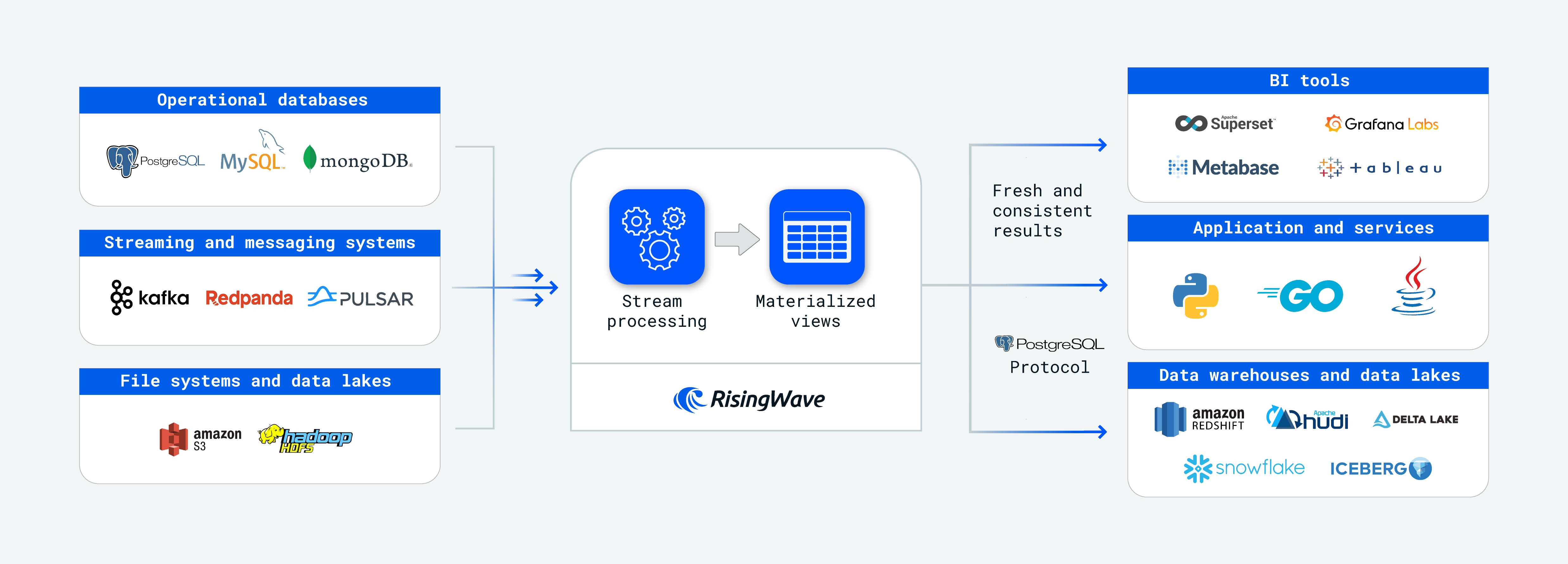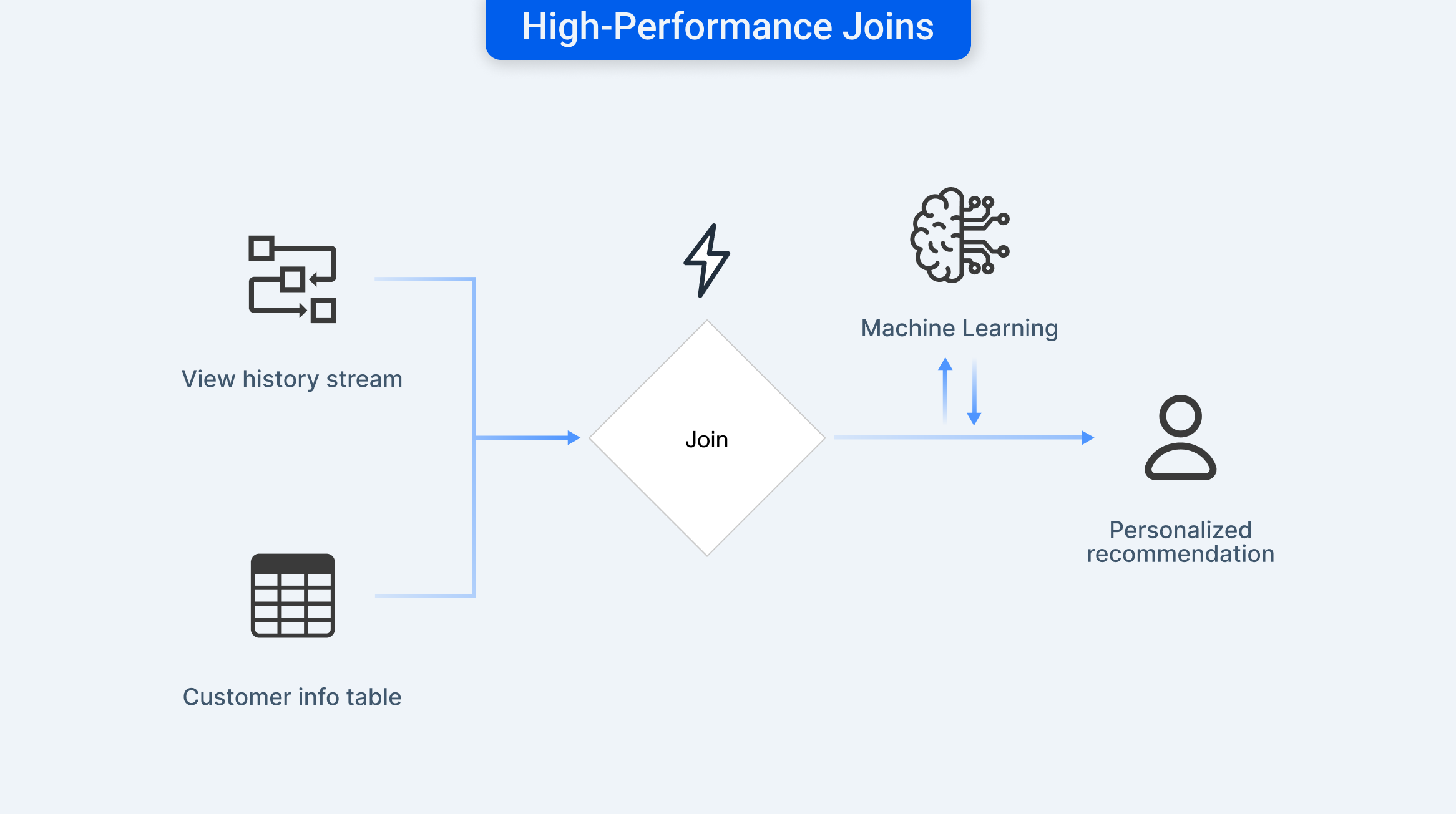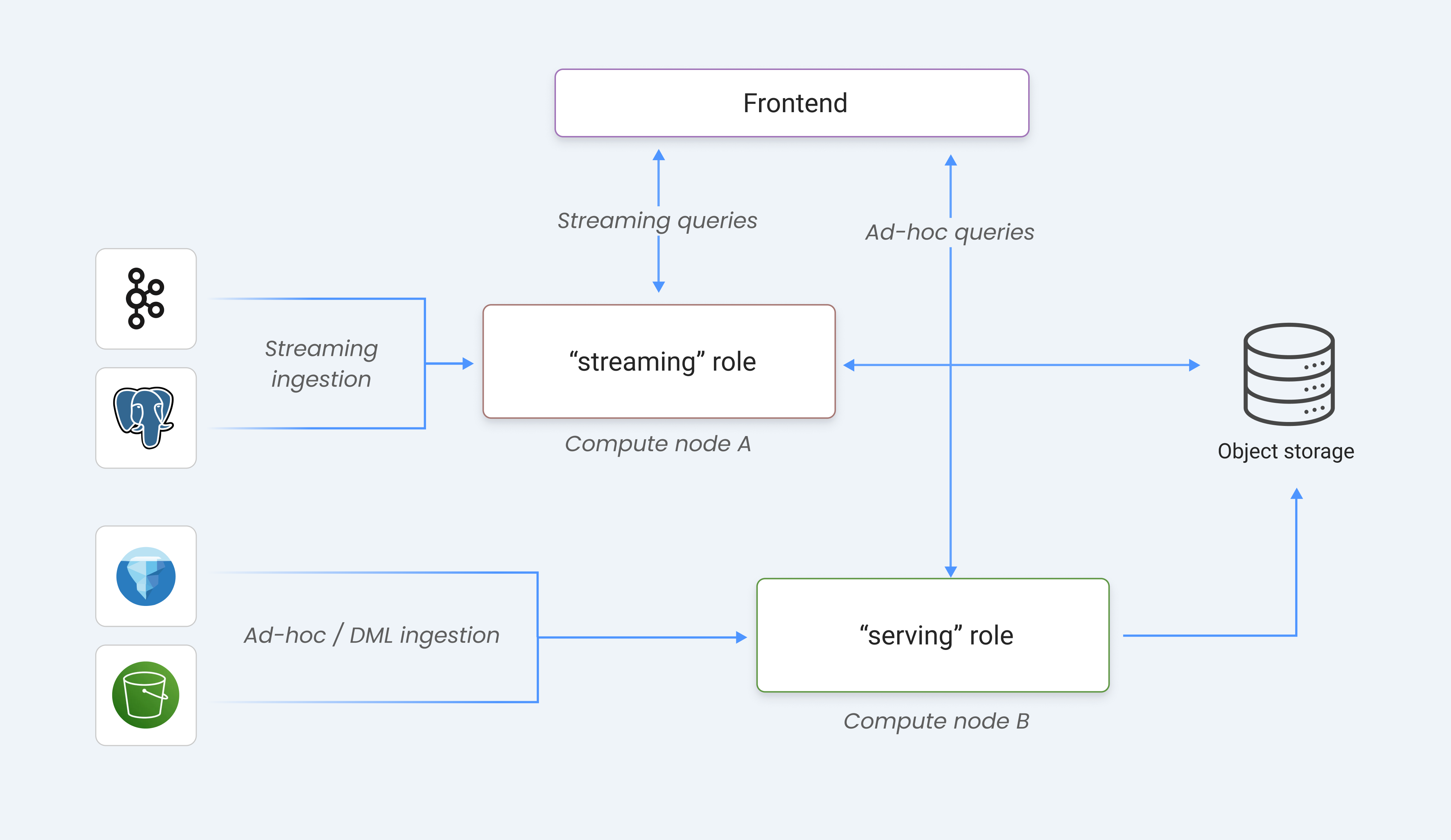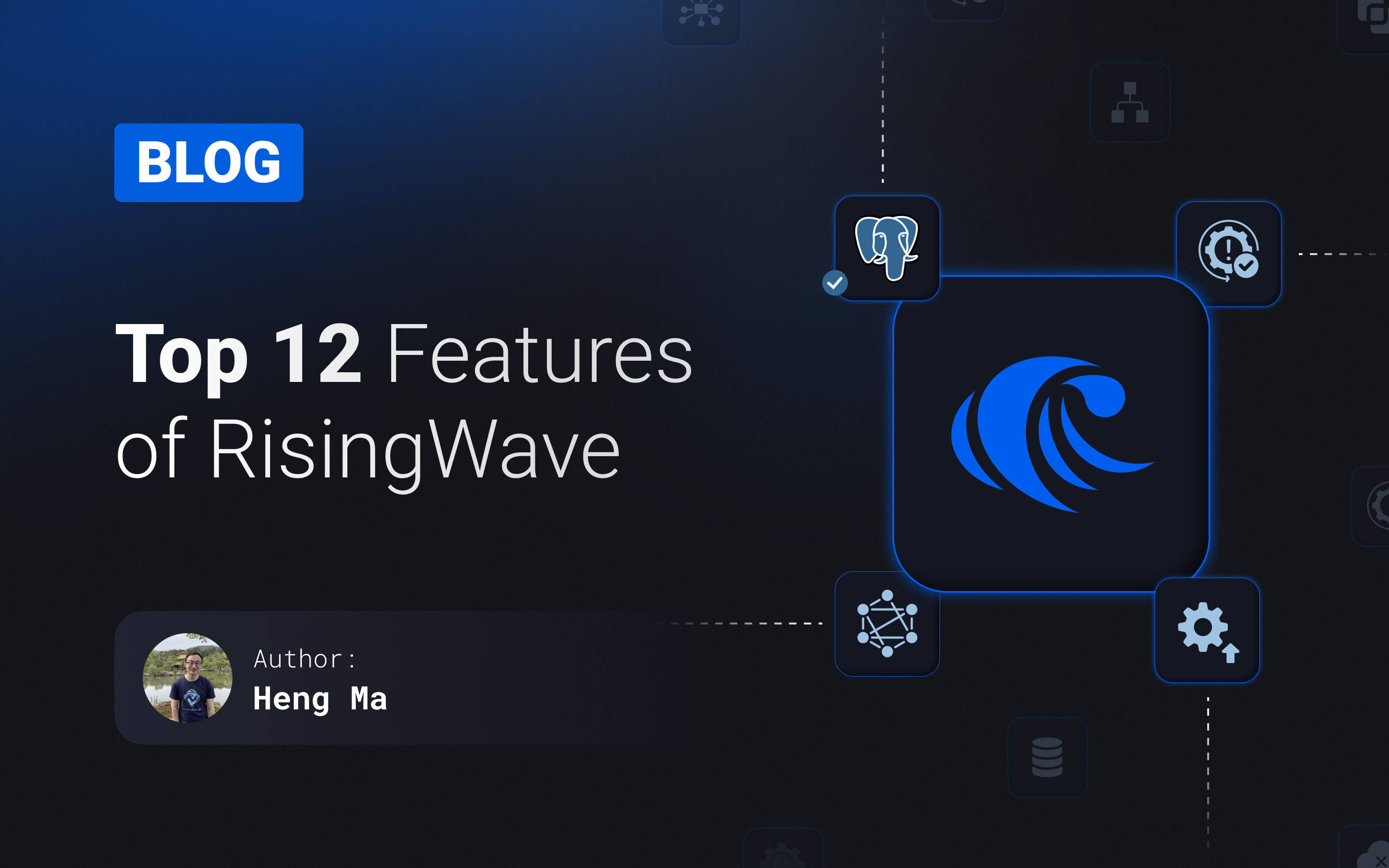RisingWave is a cutting-edge SQL database designed to streamline the processing, analysis, and management of real-time event streaming data. But what sets it apart from other databases? Let’s take a look at the top 12 features, as ranked by our users in a recent survey, that make RisingWave a go-to choice for handling the complexities of real-time data.
PostgreSQL Compatibility
RisingWave, wire-compatible with Postgres, works seamlessly with Postgres tools and drivers like psycopg2, pgx , and SQLAlchemy. This means you can use your existing Postgres skills and tools with RisingWave without having to learn new ones. Being compatible with Postgres also allows RisingWave to integrate with other systems in the Postgres ecosystem, which is experiencing significant growth and evolution. For further insights, read this excellent blog post by Vonng: Postgres is eating the database world.
Extensive Source and Sink Support
RisingWave has built-in connectors for many data sources and destinations, including Kafka, MySQL, PostgreSQL, and Iceberg. This makes it easy to ingest data from various systems and deliver processed data to multiple destinations. See the full list of integrations here.

High-Performance Joins
RisingWave's architecture allows for efficient joining of multiple data streams and historical data. This means you can handle complex queries with ease and get insights faster.

Dynamic Scaling
RisingWave can automatically scale in seconds, so you can handle varying workloads without manual intervention. This means you can focus on delivering insights, not managing infrastructure.
Instant Failure Recovery
Minimize downtime with RisingWave's instant failure recovery mechanisms, which enable the system to recover from disruptions in seconds while maintaining data consistency and availability. This ensures your data pipeline remains reliable and performant.
Isolated Serving Nodes
In RisingWave, you can use dedicated serving nodes to manage query serving separately from data ingestion and processing. This separation improves performance and ensures faster insights.

Support for UDFs, UDAFs, and UDTFs
RisingWave allows you to implement custom logic and processing with user-defined functions (UDFs), user-defined aggregate functions (UDAFs), and user-defined table functions (UDTFs). This means you can implement intricate logic that is not possible with SQL, and adapt RisingWave to your unique use cases.
Automatic Schema Changes
RisingWave can modify your data stream schemas without downtime, so you can adapt to evolving data requirements without manual intervention.
Comprehensive Streaming SQL
RisingWave has a comprehensive set of streaming SQL capabilities, including watermarking, time windowing, and temporal filters. This means you can transform your event streaming data in whatever way your use case demands.
DBT Integration
RisingWave integrates with dbt. You can manage and transform your data using dbt's powerful modeling capabilities. See the dbt-risingwave adapter page for details.
Time Travel Queries
RisingWave’s time travel queries feature allows you to access historical data as it existed at specific points in time. This is crucial for auditing, debugging, and analyzing historical trends.
Serverless Backfilling
RisingWave can efficiently backfill historical data without long wait times. You can rest assured that your data pipeline is always up to date.
These 12 features collectively make RisingWave a powerful and versatile solution for real-time event streaming data management.
To take RisingWave to the next level, we're eager to hear from you. What features would you like to see added to RisingWave? Join our Slack community and share your ideas with us - we're always looking for ways to improve and innovate.






